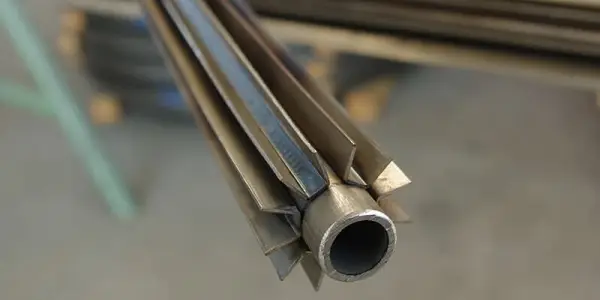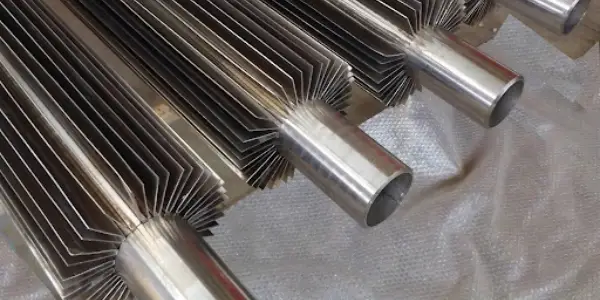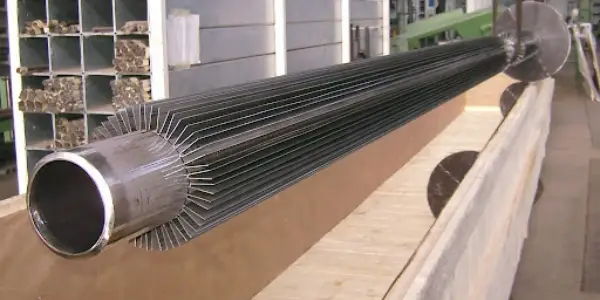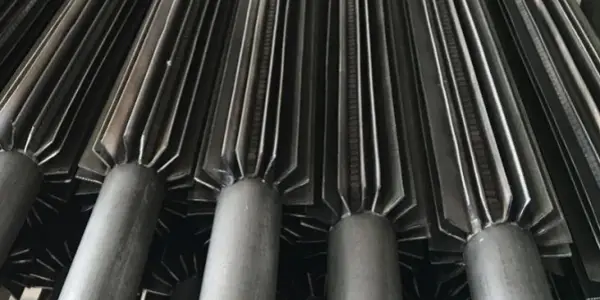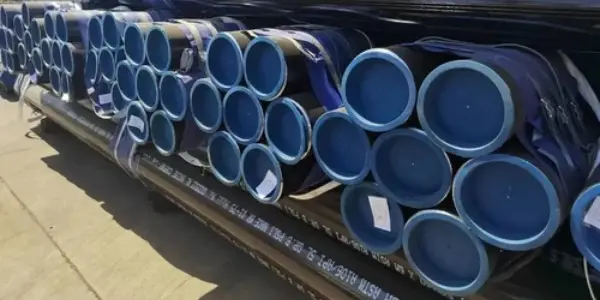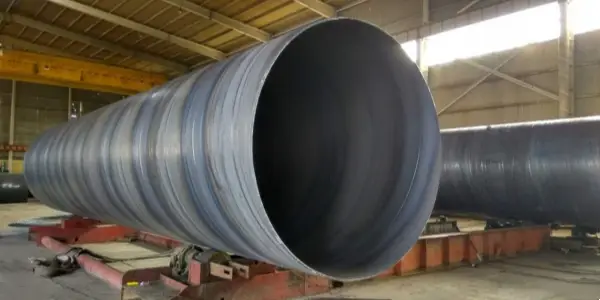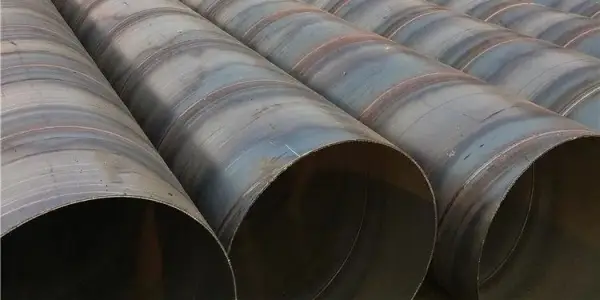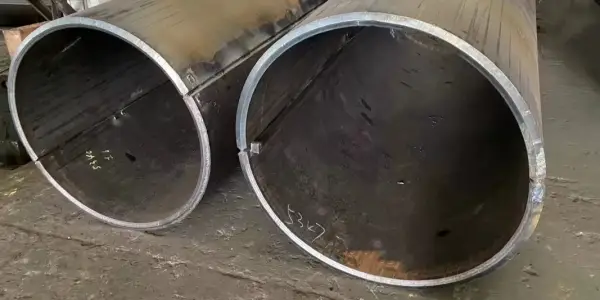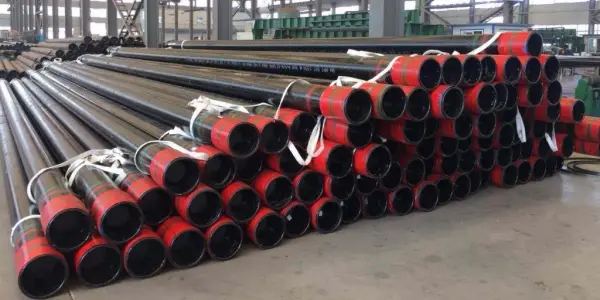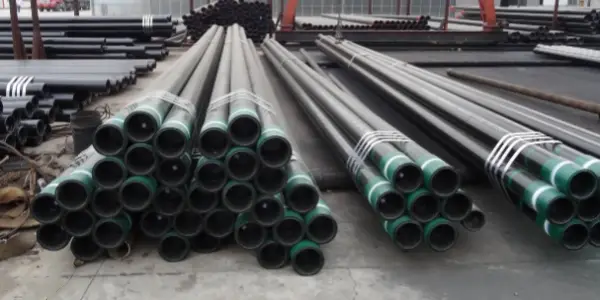-
How to calculate the surface area of a steel fin tube?
Calculating the surface area of a steel fin tube involves determining both the surface area of the tube itself and the surface area of the fins attached to it. Here’s how you can break it down.
Read More
-
Why finned tubes are so popular?
Finned tubes are popular in heat exchange applications for several reasons. This article will briefly introduce why finned tubes are so popular.
Read More
-
The advantages of steel fin tubes
Here at Union Steel Industry, we are a professional manufacturer of steel fin tubes based in China. Our finned tubes are meticulously engineered to provide a multitude of benefits across various applications. Let's explore the numerous advantages that steel fin tubes offer.
Read More
-
Steel fin tube manufacturer in China
Union Steel Industry is a leading international manufacturer of steel fin tubes based in China. We offer a wide range of finned tubes in various materials, including copper, aluminum, and stainless steel. Our products come in a variety of sizes and shapes and can be customized to meet the specific needs of each application.
Read More
-
Seamless carbon steel pipe connection method
Seamless carbon steel pipes can be connected using various methods, each suited for different applications. These methods are generally easy to install, solid, and reliable. Here are some common connection methods.
Read More
-
Quality inspection standard of spiral steel pipe before delivery
Spiral steel pipes (SSAW) must undergo various tests before leaving the factory, ensuring they meet standard requirements. The quality inspection methods of spiral steel pipe are as follows.
Read More
-
SSAW steel pipe connection methods and applicable welding rods
SSAW (Spiral Submerged Arc Welded) steel pipe is a versatile steel strip commonly utilized in oil and gas transportation, building structures, bridges, and various other fields. The connection methods for SSAW steel pipes can be categorized into three types: butt connection, clamp plate connection, and plug-in connection.
Read More
-
Cold expanded of large diameter LSAW steel pipe
Cold expansion of large diameter LSAW (Longitudinal Submerged Arc Welded) steel pipes involves using hydraulic or mechanical means to apply radial outward pressure, expanding the steel pipe wall. This process ensures precise molding and enhances the pipe's mechanical properties. In this article, we will explore the cold expansion process for large diameter LSAW steel pipes, its benefits, and its applications in various industries.
Read More
-
Casing and tubing core manufacturing technology
The production of casing and tubing cores is a complex process that demands precision and innovation to achieve excellent mechanical properties and corrosion resistance, vital for their performance in challenging environments. This document delves into the advanced technologies and methodologies employed in manufacturing high-quality casing and tubing cores, focusing on the pivotal roles of chemical composition, processing techniques, heat treatment, welding methods, and cutting-edge manufacturing innovations.
Read More
-
API oil casing folding defects solutions
The production of API oil casing is prone to outer folding defects, which significantly affect product quality and require stringent control measures. Here's an overview of the API oil casing folding defects solutions.
Read More

 English
English Español
Español




 Tel : +86-18565811709
Tel : +86-18565811709 Email :
Email : 
